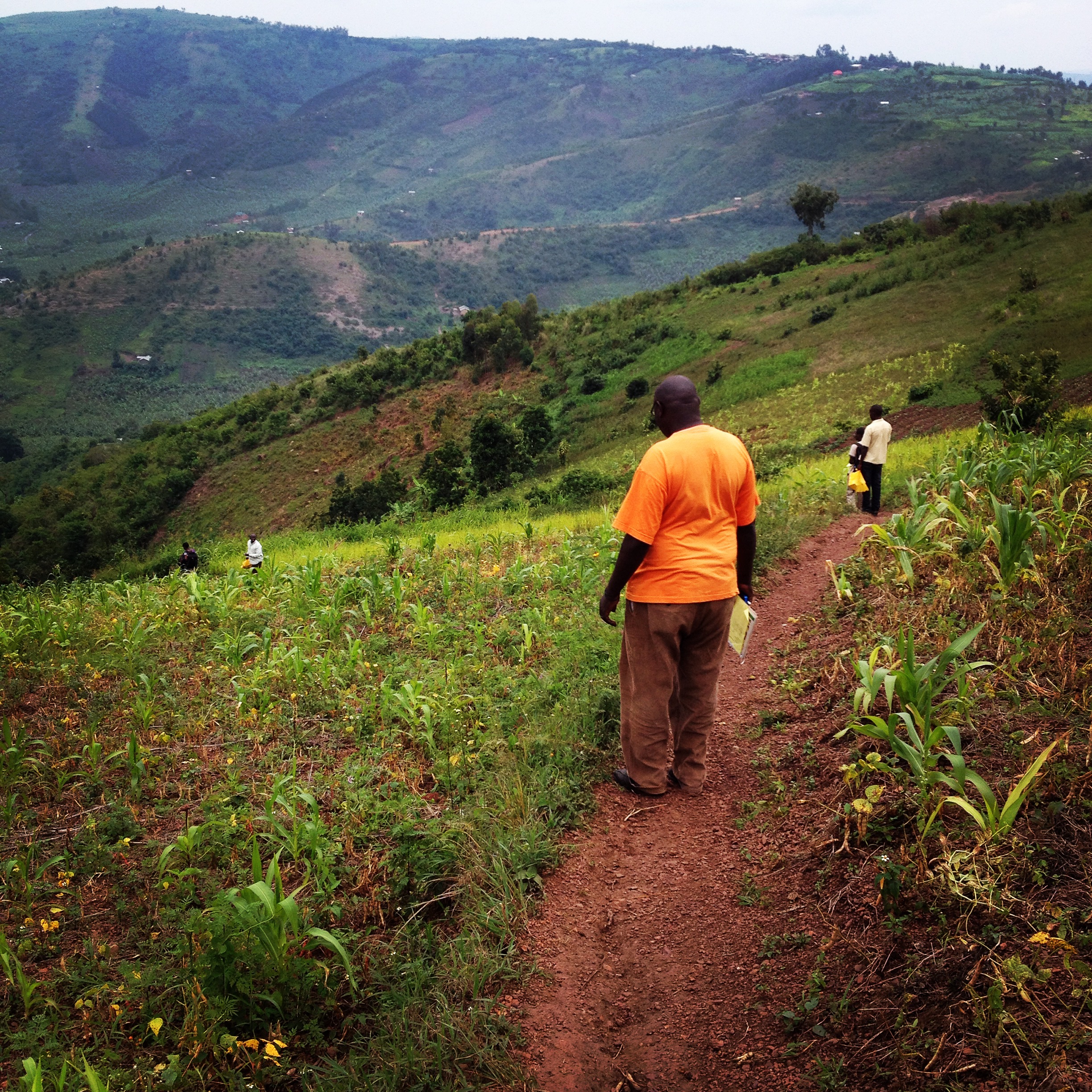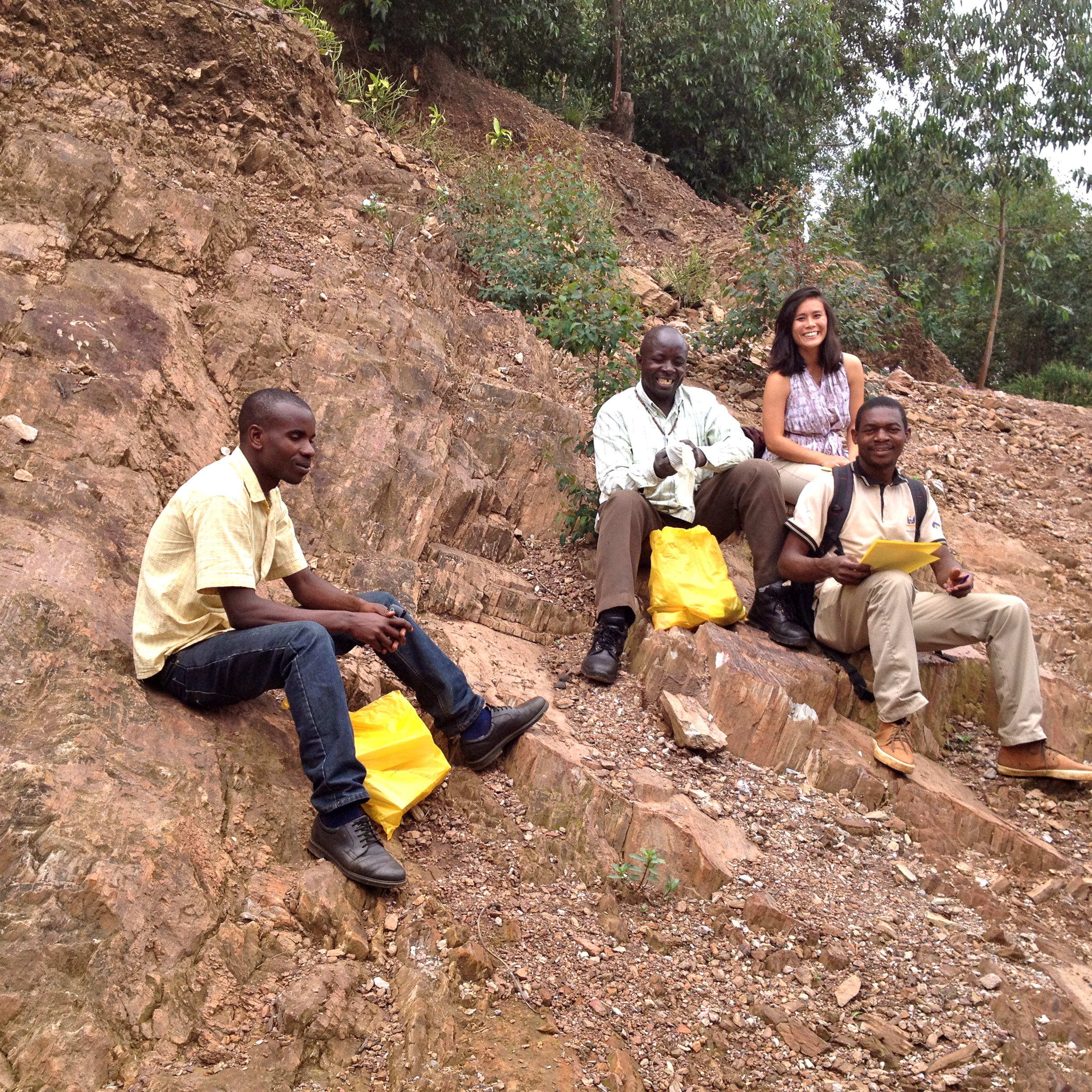My organization is shutting down at the end of this year.
The world’s also supposed to meet the United Nations’ Millennium Development Goals (MDGs) by the end of this year.
I work at Millennium Villages Project (MVP), started by economist and UN Secretary-General’s Special Adviser on the Millennium Development Goals Jeffrey Sachs to demonstrate that rural Africa can achieve the MDGs by 2015 through community-led development. The Millennium Development Goals are a set of time-bound targets agreed on by heads of state in 2000, with the overarching vision of cutting the level of extreme poverty worldwide in half by 2015.
I knew that MVP was closing December 2015 and that my fellowship would mean that I would be working at MVP during its last year and a half
I wanted that. The idea of being part of the last scramble to meet the Millennium Development Goals in Uganda excited me. The thought of helping to transition our programs over to the country government spoke to my belief in sustainability and public sector buy-in: as global health practitioner Paul Farmer told me, “We want to work ourselves out of a job.”
So, what is it like joining Millennium Villages Project and being there at its end?
Here are a few snapshots of my experiences and observations:
- Decreased funding: As the organization is shutting down, funding is withdrawn over time, whether steadily or abruptly. There are not as many resources to embark on new ideas and projects. Decreased funding translates into fewer and more focused projects.
- “What’s next?” mentality and decreased motivation: Employees, especially in Uganda with its high unemployment rate, are already looking for their next job more than a year in advance. Understandably so, they don’t want to be left without a source of income when the organization shuts down in December 2015. This job uncertainty decreases their motivation for Millennium Villages Project work, from office staff to Community Health Workers.
- Extraordinary measures to meet goals: Millennium Villages Project Uganda conducted a fascinating intensive initiative—a door-to-door campaign—to assess community members’ health needs and improve its health indicators in preparation for the final project evaluation at the end of this year: whether the Millennium Development Goals have been met. Activities included administering HIV tests and family planning methods, handing out medications and supplements such as deworming pills and multivitamins, and checking households for the presence of a latrine and properly hanged mosquito nets to prevent diarrheal diseases and malaria.
- Spinoff projects: When success has been demonstrated, donors are encouraged to replicate models and scale up interventions. In 2014, the Islamic Development Bank provided funding to start and sustain a new Millennium Villages Project site—independent of Jeffrey Sachs’ ongoing efforts—in Karamoja region, Northern Uganda.
- Government commitment and prioritization are key: The Ugandan government agreed to assume support of 10 health center workers whose salaries Millennium Villages Project had been funding. However, when the transition was to take place at the beginning of 2015, support fell through. This resulted in two health centers operating with only one health worker each. A country’s government buy-in and provision of social services are essential for sustained improvement in life outcomes of its people. If the government does not prioritize provision of social services and does not continue successful programs from Millennium Villages Project and other NGOs, it is difficult to maintain long-term positive impact.
Fortunately, the UN Sustainable Development Goals, to be adopted September 2015, will strive to finish the work of the Millennium Development Goals and accomplish more. But as Millennium Villages Project draws to a close and attention shifts from the MDGs to the SDGs, we must not neglect the many lessons to be learned from Millennium Villages Project and the MDGs. In order to achieve success with our Sustainable Development Goals, we need to study the outcome of efforts to reach the MDGs and each step of the process. Learn from our successes. Avoid waste of valuable resources. Refuse to voluntarily doom ourselves to repeat our mistakes through ignorance and lack of analysis. What worked? What didn’t work? Why? What are specific things we can do or consider to do better? What are great practices that we can continue? This end is only the beginning.

 Navigating hills and visiting households during the door-to-door campaign and Millennium Villages Project’s journey to reach the Millennium Development Goals
Navigating hills and visiting households during the door-to-door campaign and Millennium Villages Project’s journey to reach the Millennium Development Goals
